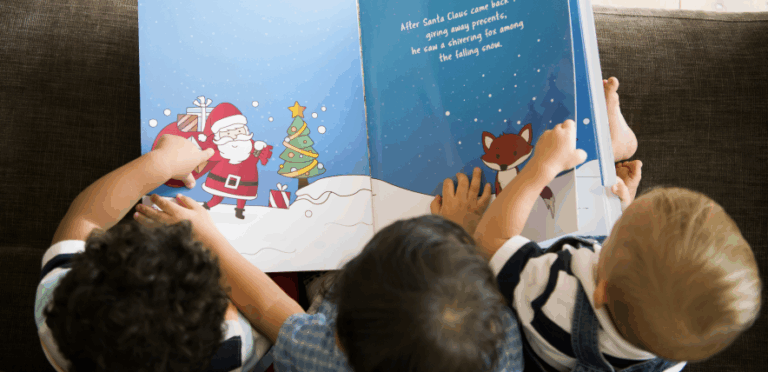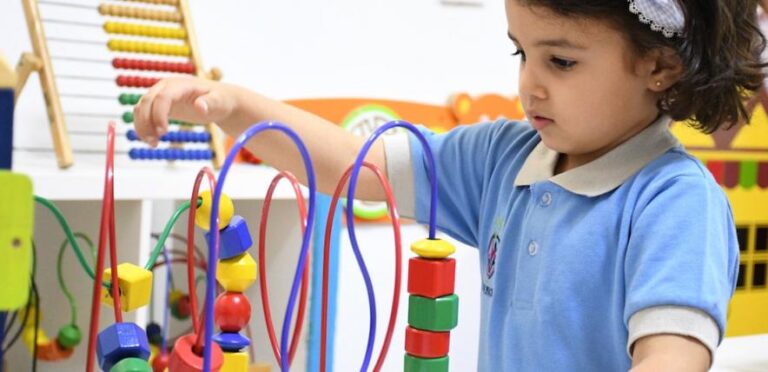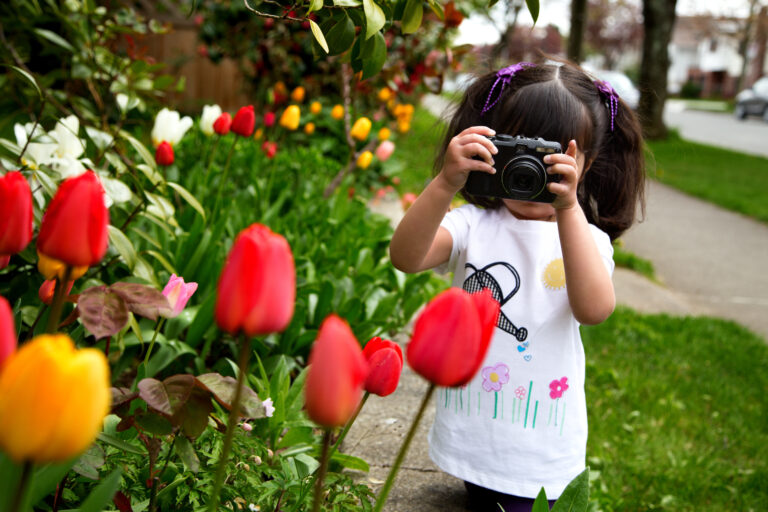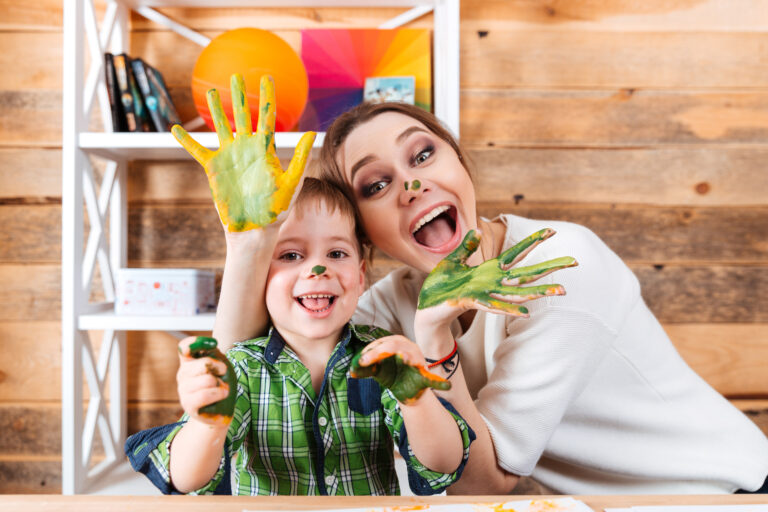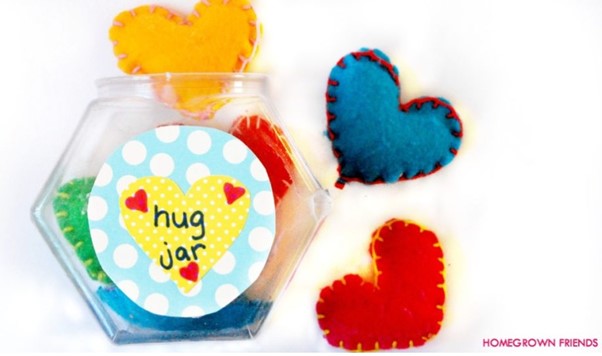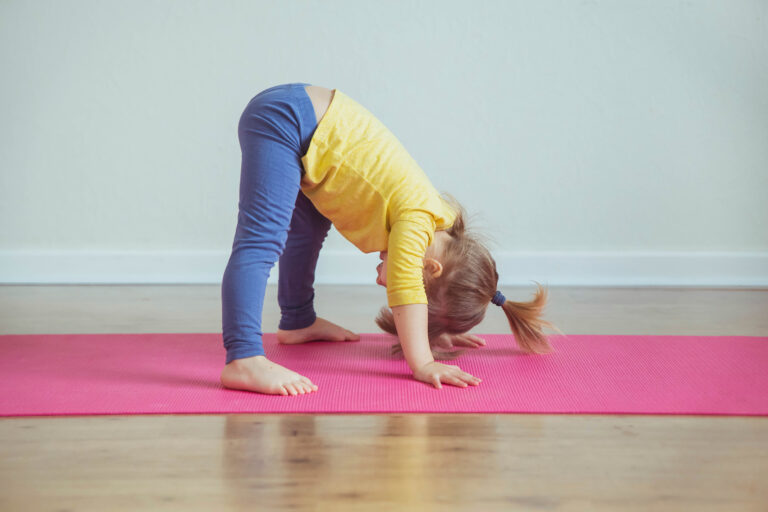Written by Julie Pearson, Early Years Development Manager at the Early Years Alliance
The festive period can bring lots of changes to children’s sensory environment. Shops you visit will probably be full of sparkly lights and decorations, you might decorate your home with a tree, or add scented candles to bring that festive feel. Some children (and adults) find it particularly difficult to manage the change and the sensory overload that the festive period can bring.
So, what can you do to help your child?
Think about routine
As the festive period gets underway, it can bring many changes to your daily routine, which some children might find overwhelming. It could be late nights due to celebrations, your child’s early education setting being closed for the holidays, or even just different mealtimes. All these things can unsettle a child.
Where possible, think about the things that you can keep the same, such as bedtime routines, to bring some familiarity at the end of a busy day. You could introduce a visual timetable to help your child understand what is planned and help them to prepare – you can find lots of examples online.
Think about the big day itself, and how can you keep as much of it as ‘normal’ as possible. Of course, family and friends may want to visit and bring gifts, but you could consider how you plan this and communicate with them ahead of the event, so your child doesn’t feel overwhelmed with the busyness of the day.
Plan activities carefully
Look out for quieter shopping sessions at your local supermarkets and shops, for supporting people with sensory processing needs. There may also be festive events in your area that offer quieter sessions for children with special educational needs or those who struggle with sensory overload.
If you have a busy day ahead, try to plan time within the day for your child to relax and engage in activities that they find calming. Don’t forget to talk to your child ahead of the event to help them to understand what to expect, or share books, stories or look at photographs of similar events to help them understand what might happen.
Consider decorations within the home
You may wish to decorate your home for the festive period, but this can be overwhelming for children, with so many new items added. If your child finds this difficult, can you minimise these changes? For example, adding just a few lights in one area that your child can easily avoid if they wish, or avoiding hanging lights and decorations in areas of your home that your child may spend longer or more focused amounts of time in, such as where they eat their meals. If your child finds strong scents difficult, could you avoid festive scented diffusers and candles to support this? Maybe you could use LED candles instead.
Use strategies to support your child
If your child does become overwhelmed, offer reassurance and understanding about how they may be finding things difficult. It is also useful to have some familiar strategies to put in place to support them, for example a quiet area in your home they can go to, maybe with lights dimmed and some classical or calming music to play.
You could introduce a sensory bag, or box with things in that calm your child and can help them to regulate. It could also be something like a relaxing bath or weighted/heavy resources (remember to check health and safety guidelines for these), such as a weighted toy or beanbags to hold. If noisy environments are unavoidable, you could try ear defenders. These can help to block out noise and reduce some of your child’s anxiety. You know your child best, so find out what works best for them so you can support them if they become overwhelmed.
Finally, don’t forget to relax and enjoy this special time with your child. With a little bit of forward planning everyone can enjoy a wonderful festive period.
Here are some links that you might also find useful:
Preparing for Christmas: autism resources
What is Sensory Processing? – Sensory Processing
Sensory processing at home | Essex Partnership University NHS Trust
Visual support: Timetables – Resource Library – Sheffield Children’s NHS Foundation Trust

